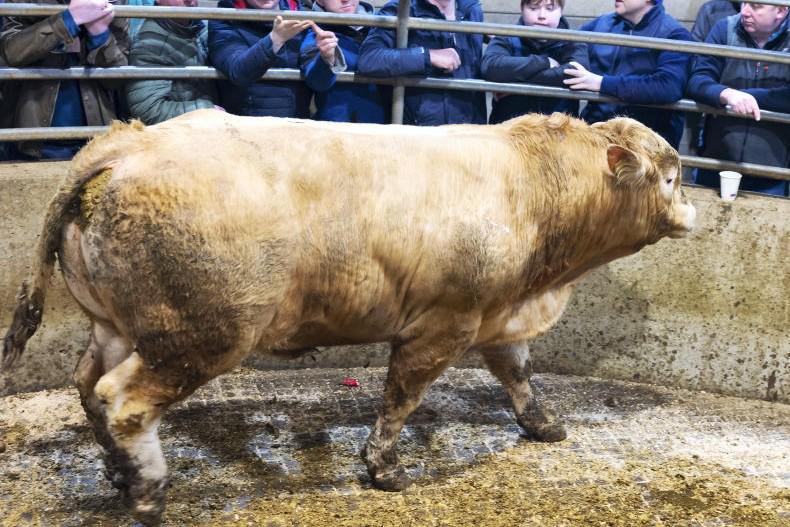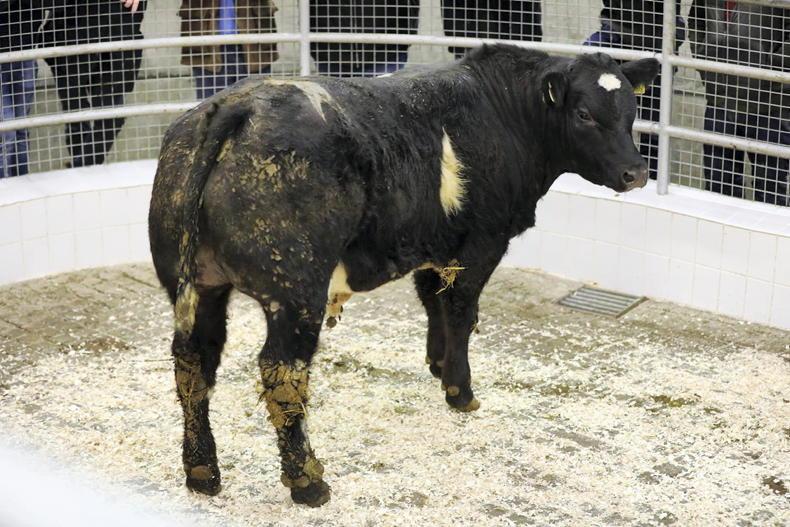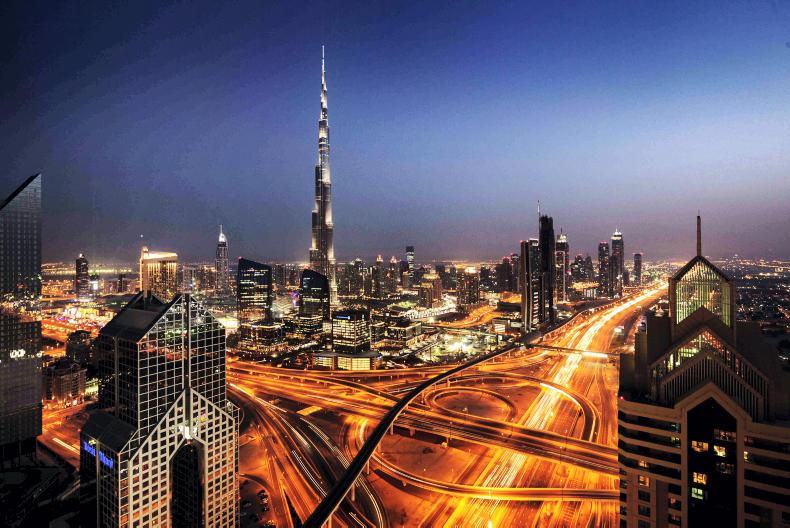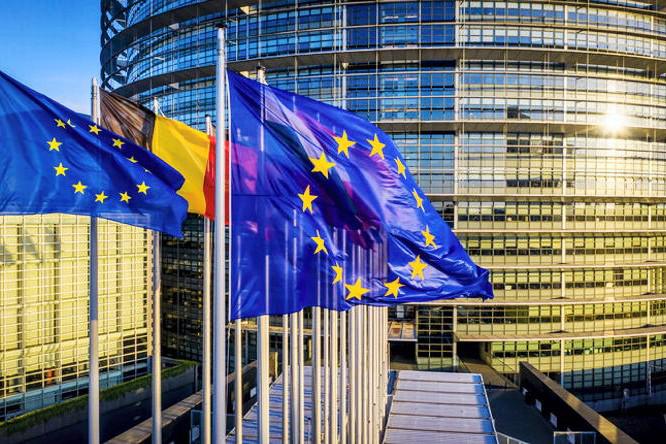Rules in the UK about halal meat could stop exporters from taking full advantage of a potential new trade deal, a committee of MPs has been told.
Speaking in Westminster on Tuesday, Sarah Baker from the Agriculture and Horticulture Development Board (AHDB) said ongoing trade negotiations with the Gulf Cooperation Council (GCC) could lead to “key opportunities” for UK lamb and cheese exports.
“There is a growing and very wealthy population where UK produce is highly regarded, so there is a strong demand,” she said.
The GCC is made up of six Arab countries, namely Qatar, Saudi Arabia, the United Arab Emirates, Bahrain, Kuwait and Oman.
There have been five rounds of negotiations for a free trade agreement between the UK and GCC, with a sixth round of talks due to take place over the coming weeks.
“We see key opportunities for cheese in hospitality and food service, and lamb universally across those countries,” Baker said.
However, even if a trade deal between the UK and GCC results in import tariffs being reduced or removed, other obstacles to trade could remain.
Baker said “the elephant in the room” for full GCC market access for lamb surrounds halal slaughter requirements and the fact stunning should not be done pre-slaughter.
“At the moment, a proportion of lamb in the UK is slaughtered to halal requirements, but the government position is that it is for religious reasons for the domestic populations, and it should not be expanded for export,” she explained.
Baker said it was “time for an informed debate” on the issue as there have been “advances in terms of animal welfare” with halal slaughter procedures.
“We do have access to certain countries in that market, but we are hampered by that inability to expand the certification process for halal,” she said.
Similarly, Nick von Westenholz from the National Farmers’ Union said it was important that the UK government worked with industry bodies to help boost UK food exports to the GCC: “Those countries in GCC import 90% of the food that they eat. They are the opposite of those early trade deals that we prioritised, where we did deals with countries that export 90% of the food they produce.”










SHARING OPTIONS